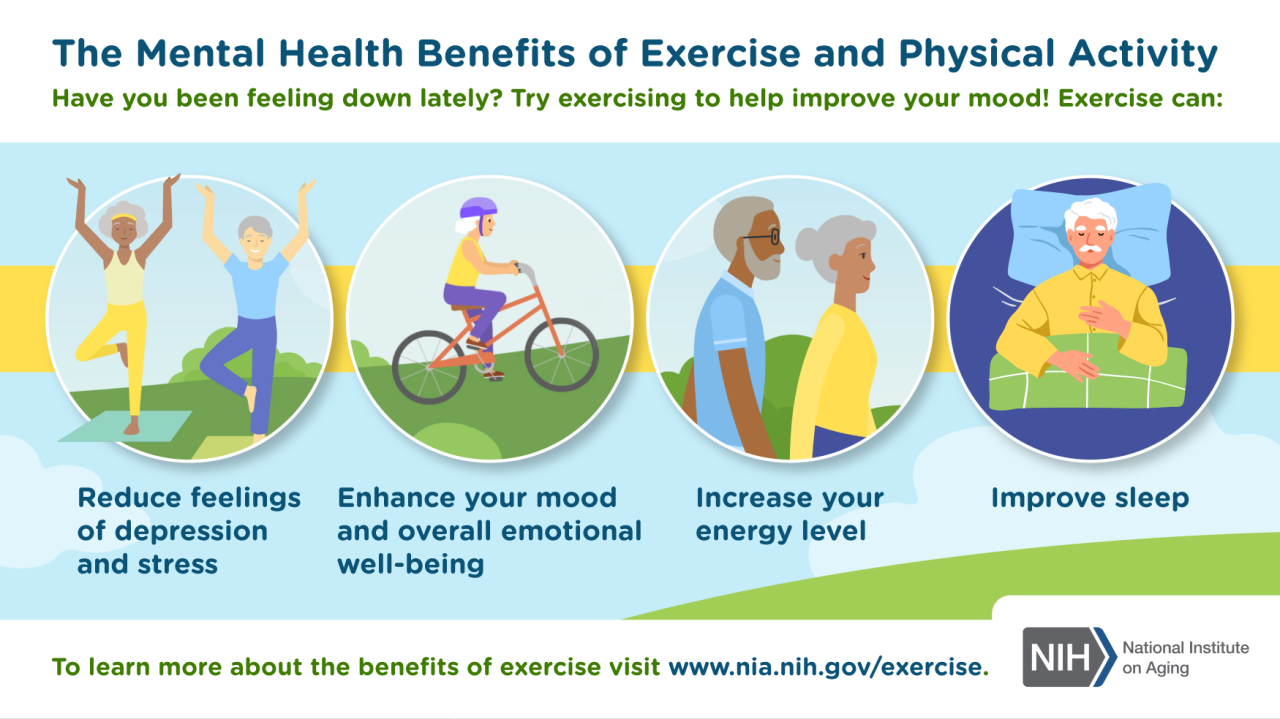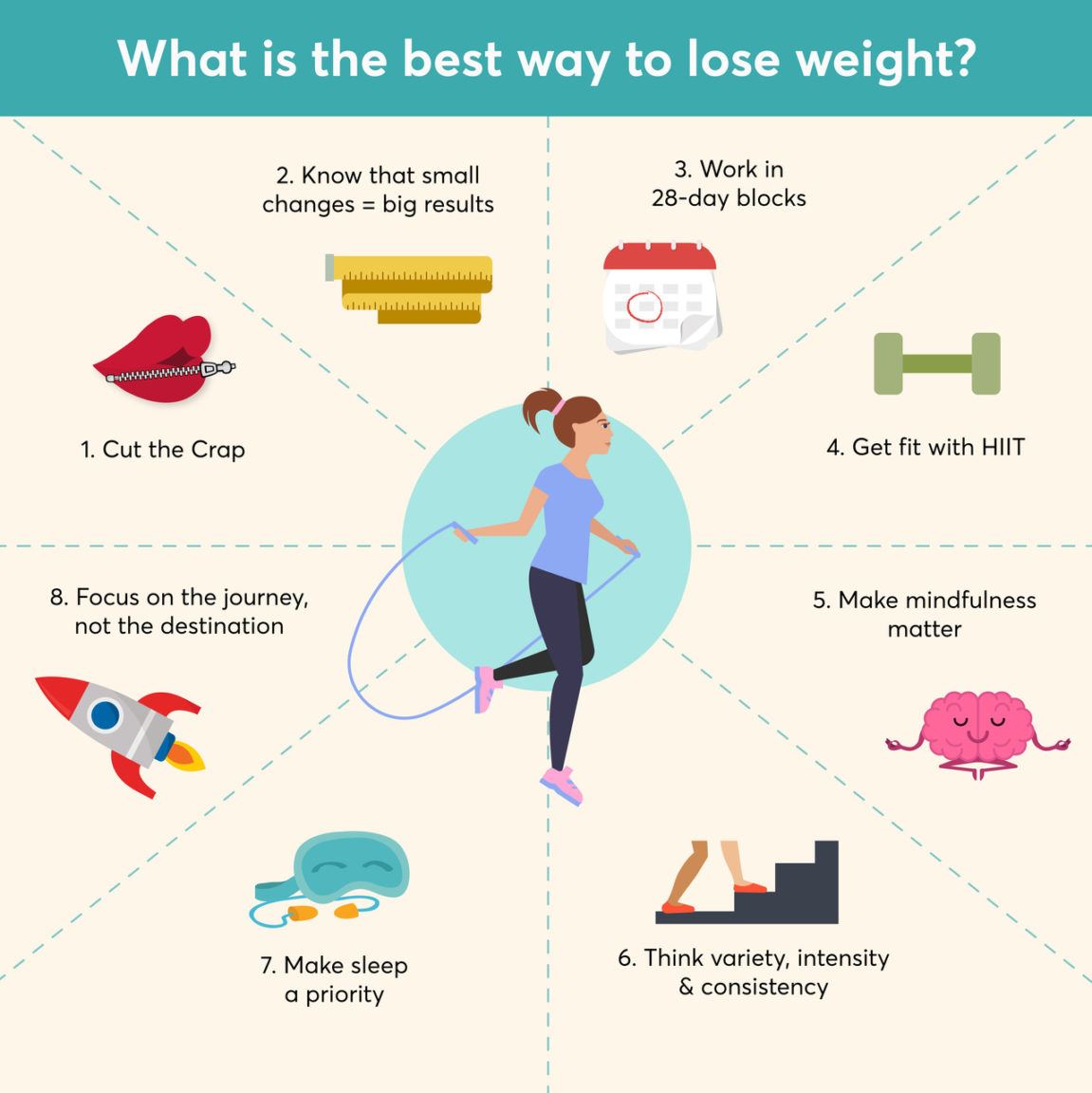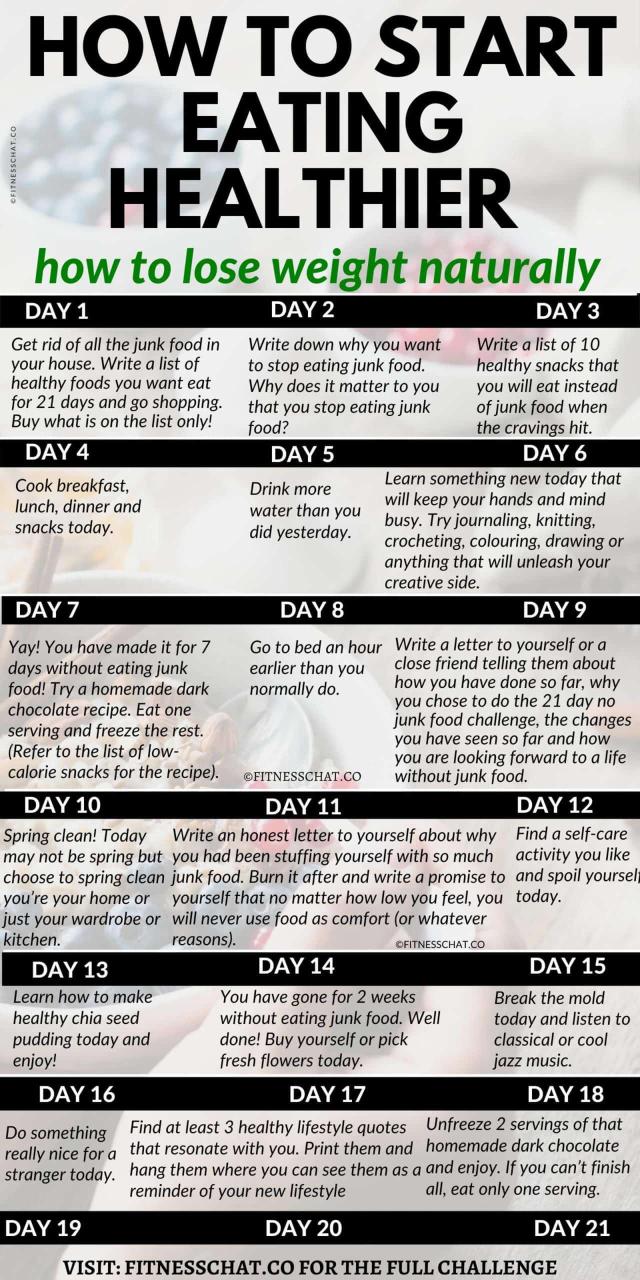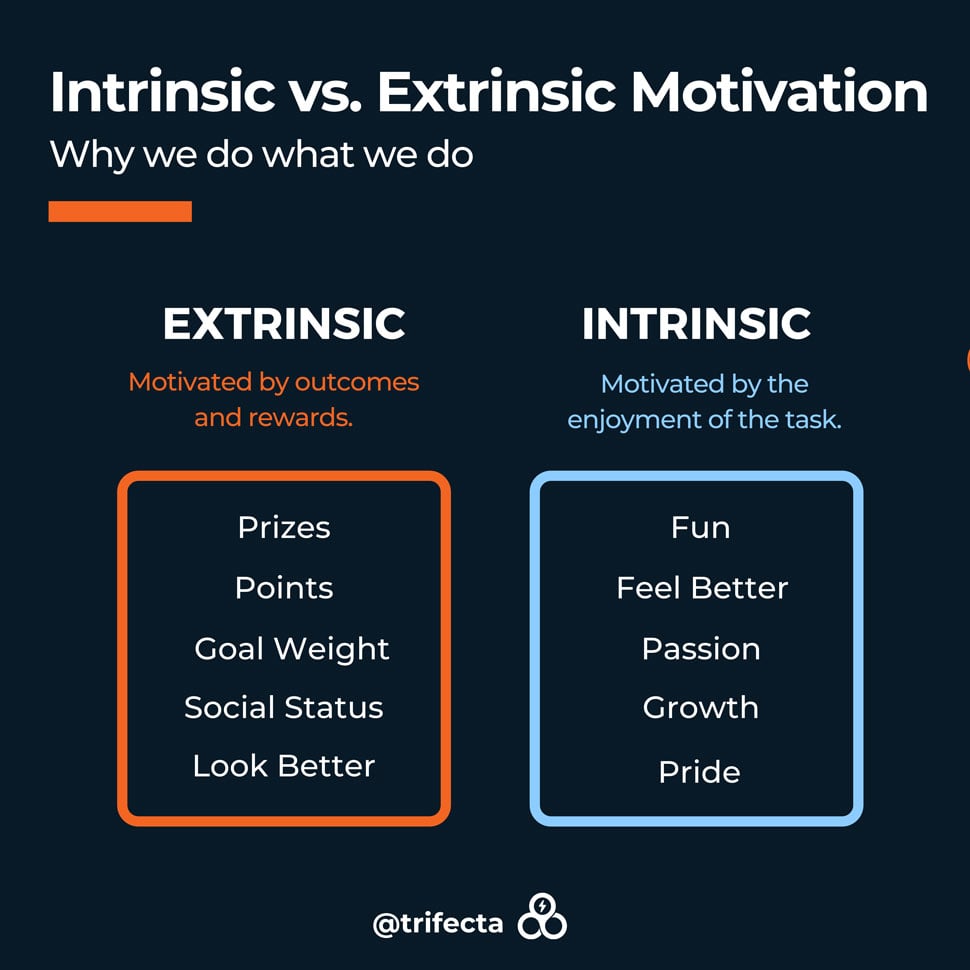
If youre like most active people, the hours spent engaging in fitness routines in order to achieve the physical results we want may far outweigh any other goals. But how many of us have actually considered how physical activity affects our brains?
Many people find that exercise gives us an escape from our daily lives, often allowing us to forget our troubles, if even for a little while. Engaging in rigorous activity on a regular basis has been proven to help with depression by helping the brain to produce serotonin. Likewise less physical activity such as yoga, Pilates, tai chi or even gardening can have the same benefits.
Advertisement
Why we exercise can be as simple as wanting to get in shape or improving our self image. According to West Palm Beach resident Alix Romain, who works out three to four times a week: I like looking good because of the compliments people give me, he said. Currently, Im 30. “People think Im 21. “That lets me know Im doing a good job.
West Palm Beach resident and avid runner Jessica Maldonado says that looking good is an added bonus for her, but its really all about relieving stress and being healthy.”When I work out, I feel so good about myself, she says. Running helps me deal with my issues at the moment. “It’s at least 40 minutes of me being with my thoughts alone. “It’s my sanity time.
Exercise and endorphins
Endorphins, derived from the words endogenous and morphine” is a natural analgesic that the body produces during exercise or even during more leisurely activity, such as swimming or meditation. They are the brains feel good neurotransmitters. When endorphins are released in the brain, we experience a natural high, frequently referred to as a runners high. Endorphins can also:
- Reduce stress
- Retard the aging process
- Enhance the immune system
In addition to combating stress and improving our moods, physical activity can also help improve erratic sleep patterns and decrease symptoms associated with anxiety.
So the next time youre feeling a bit down, try taking a walk or engaging in some other form of physical activity to boost your mood. Be sure to check out the attached video on how your brain reacts to exercise.
Like what you’re reading, click the subscription button. It’s free. You can also follow me here on twitter.







